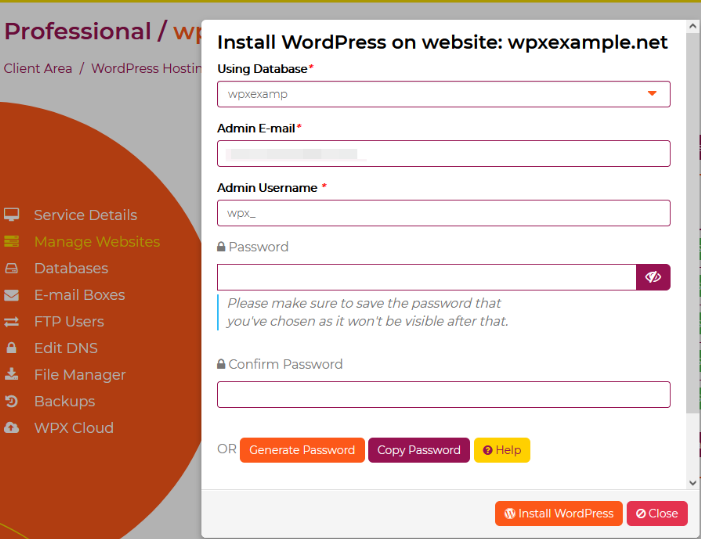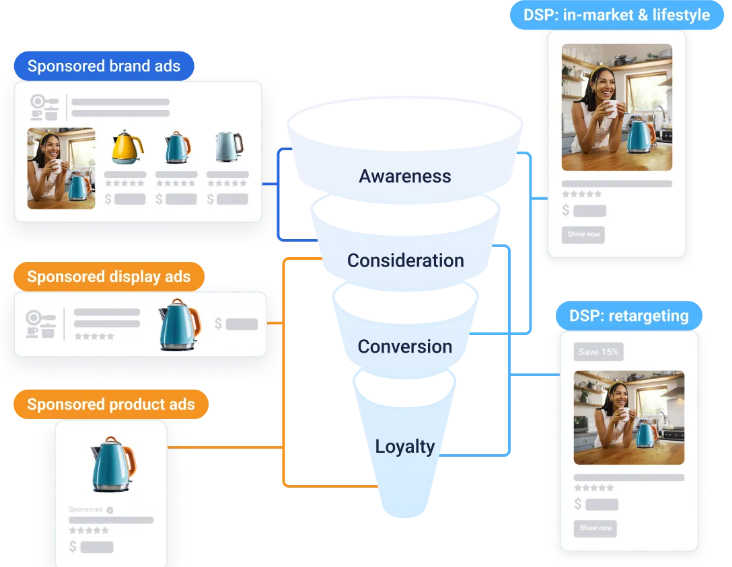Affiliate marketing is a powerful way to earn passive income by promoting products or services online. Whether you’re new to affiliate marketing or looking to refine your strategy, having a well-structured, functional website is essential. This guide will walk you through building an affiliate marketing website step by step, using tools and resources like WPX Hosting, Namecheap, WordPress, and premium themes like SmartMag and ReHub.
Why Build an Affiliate Website?
An affiliate website acts as a platform for promoting products to a target audience. You earn commissions when visitors purchase through your affiliate links. Unlike social media or standalone reviews, a website provides control, credibility, and scalability. Now, let’s dive into the process.
Step 1: Define Your Niche
Before you start building, you need to choose a niche—a specific area of interest or expertise. A well-chosen niche ensures you attract a targeted audience and align with profitable affiliate programs.
Tips for Picking the Right Niche:
- Passion Meets Profitability: Choose a niche you’re passionate about but also has strong earning potential.
- Check Competition: High competition niches may be tough, but they often indicate profitability.
- Research Affiliate Programs: Ensure there are products/services in your niche with affiliate programs. Use platforms like ShareASale, Amazon Associates, or Admitad to scout opportunities.
Step 2: Register a Domain Name (via Namecheap)
Your domain name is your website’s address on the internet.
How to Choose a Domain Name:
- Keep it Short and Memorable: Avoid long or complicated names.
- Use Keywords: Include your niche-related keywords if possible (e.g., BestGadgetReviews.com).
- Avoid Numbers and Special Characters: These can confuse users.
Register Your Domain on Namecheap:
- Visit Namecheap.com.
- Use their search bar to check the availability of your desired domain.
- Select your domain and purchase it. Namecheap is affordable and offers free privacy protection for your domain.
Step 3: Choose Reliable Hosting (WPX Hosting Recommended)
Hosting is where your website lives on the internet. WPX Hosting is an excellent choice for affiliate marketers due to its speed, reliability, and support.
Why WPX Hosting?
- Fast Load Speeds: Essential for SEO and user experience.
- Easy-to-Use Dashboard: Ideal for beginners.
- Daily Backups and Free SSL: Security features you need.
- 24/7 Customer Support: Quick issue resolution.
Setting Up Hosting on WPX:
- Go to WPX Hosting.
- Choose a hosting plan (start with their Business Plan for up to 5 websites).
- Connect your domain by updating its DNS settings (instructions provided by WPX).
Step 4: Install WordPress
WordPress is the most popular content management system, perfect for affiliate websites.
Installing WordPress via WPX:

- Log in to your WPX Hosting account.
- Go to the Hosting Panel and select your domain.
- Use the One-Click Installer to set up WordPress.
- Once installed, access your site by going to
yourdomain.com/wp-admin.
Step 5: Choose a Theme
A good theme ensures your website looks professional and functions smoothly.
For Content-Focused Sites: SmartMag
- Ideal for Blogs and Reviews: SmartMag is perfect for creating engaging articles and content.
- Features: SEO optimization, clean layouts, and custom widgets.

For E-commerce Affiliate Sites: ReHub
- Ideal for Comparison Sites and Deals: ReHub supports product listings, comparisons, and even marketplaces.
- Features: Advanced affiliate link management and e-commerce integrations.
How to Install Your Chosen Theme:
- Download the theme from a trusted source like ThemeForest.
- Go to your WordPress dashboard.
- Navigate to Appearance > Themes and click Add New.
- Upload your theme’s
.zipfile and activate it.
Step 6: Install Essential Plugins
Plugins extend your website’s functionality. Here are some must-haves for affiliate marketers:
- Yoast SEO: Optimize your site for search engines.
- Pretty Links: Manage and cloak affiliate links.
- WP Rocket: Improve site speed.
- MonsterInsights: Track your traffic and user behavior.
- ThirstyAffiliates: Another great affiliate link management tool.
Step 7: Create Core Pages
Your site needs essential pages to build trust and comply with affiliate program requirements.
- Home Page: Introduce your niche and value proposition.
- About Us: Share your story and mission.
- Privacy Policy: State how you use visitor data.
- Disclaimer Page: Inform users about your affiliate relationships.
- Contact Page: Make it easy for visitors to reach you.
Step 8: Write Quality Content
Content is king in affiliate marketing. Write articles that provide value and naturally incorporate affiliate links.
Types of Content to Create:
- Product Reviews: In-depth analysis of products.
- Comparison Posts: Compare similar products/services.
- How-To Guides: Provide step-by-step instructions.
- Listicles: Curate top products or tips (e.g., “Top 10 Gadgets for Travelers”).
Content Writing Tips:
- Be Honest: Authenticity builds trust.
- Use Clear CTAs (Call-to-Actions): Guide users to click on your affiliate links.
- Optimize for SEO: Use tools like Yoast SEO to target relevant keywords.
Step 9: Promote Your Website
Creating a website is just the start—you need traffic to succeed.
Free Traffic Strategies:
- SEO: Optimize content to rank in search engines.
- Social Media Marketing: Share your content on platforms like Instagram, Pinterest, and Facebook.
- Email Marketing: Build an email list for direct communication.
Paid Traffic Strategies:
- Google Ads: Target specific keywords.
- Facebook Ads: Reach niche audiences.
Step 10: Monitor and Optimize
Success in affiliate marketing requires constant optimization.
- Track Performance: Use Google Analytics or MonsterInsights.
- Test Strategies: Experiment with content formats and different affiliate programs.
- Engage Your Audience: Respond to comments and update content regularly.
Final Thoughts
Building an affiliate marketing website is a rewarding process that combines creativity, strategy, and persistence. By leveraging tools like WPX Hosting, Namecheap, and WordPress themes like SmartMag or ReHub, you can create a platform that drives traffic and earns commissions.
Remember, success won’t happen overnight. Focus on providing value to your audience, stay consistent, and keep refining your approach. Soon enough, your affiliate website can become a lucrative source of income.


